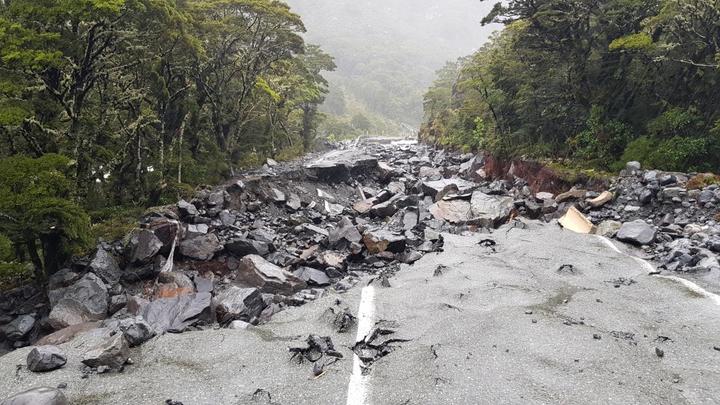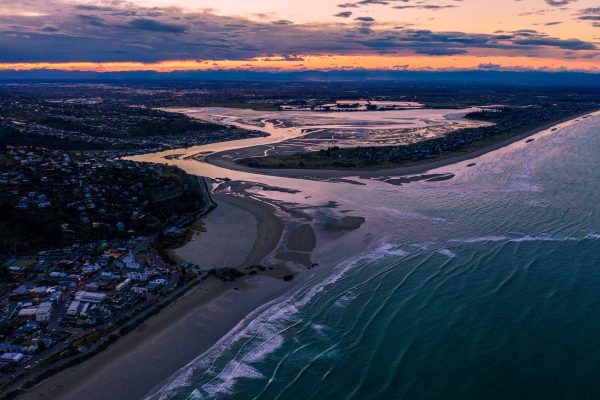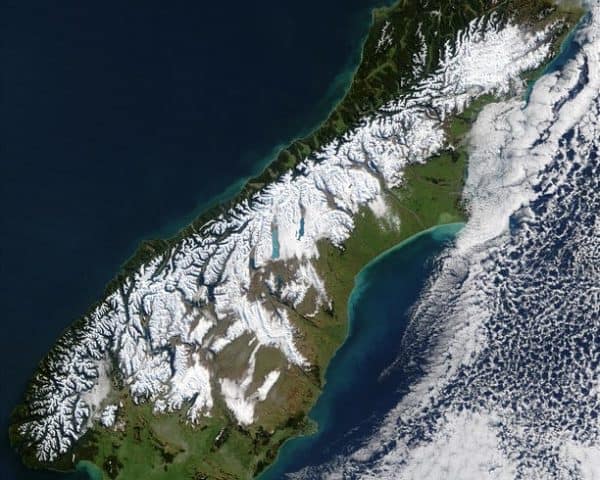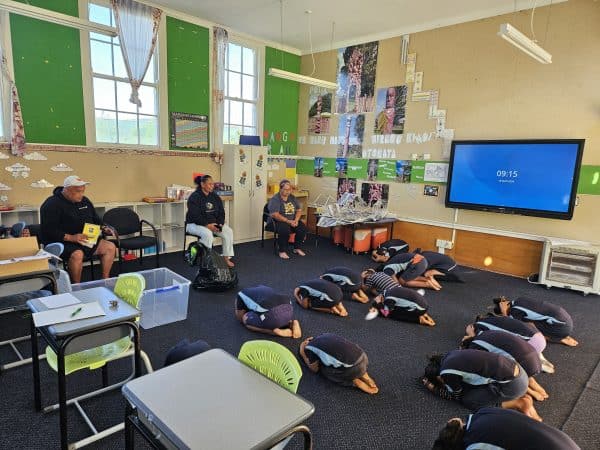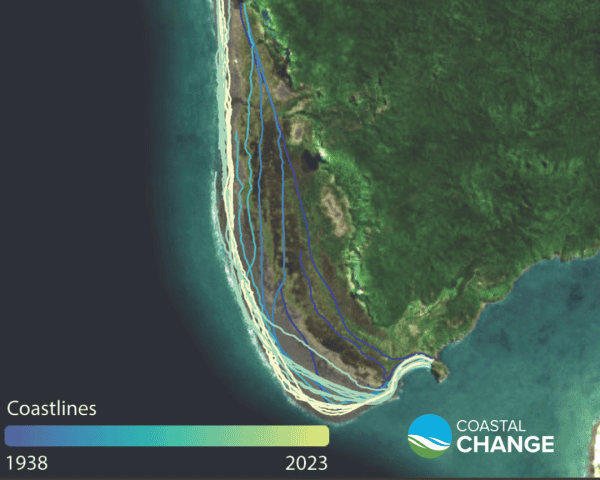Resilience to Nature’s Challenges has a unique role among National Science Challenges, with obligations under the National Civil Defence Management Plan (2015) to enable coordination of post-event research activity.
As we have demonstrated in 2019-20, we’re able to add significant value by linking and coordinating across the science system, and supporting the direct input of science into decision-making during natural hazard emergencies.
In December 2019, six days of heavy rain caused the Rangitata River to overtop its banks, causing extensive flooding of farmland and roads. The event had significant national consequences, cutting off State Highway 1 and disrupting the national electricity grid. Our Built Environment team collected empirical data alongside other agencies to better understand the impacts of such an event, and University of Auckland postgraduate students supervised by Assoc Prof Liam Wotherspoon are developing a case study database in collaboration with affected network owners. This will inform other RNC projects by adding to the wider database of case history evidence of infrastructure component performance.
In Southland in February 2020, a month’s rainfall in a single day washed out roads and bridges and caused flooding and landslides. Fiordland was hit hard, with hundreds of tourists trapped in Milford Sound and on tramping tracks. The Rural programme’s science leadership in the AF8 (Alpine Fault magnitude 8) programme contributed to the Fiordland Hazards Group planning for disruptive events over several years prior to the floods. The flooding response was enhanced by these existing relationships, and the response planning efforts already in place. The evacuation of Milford Sound was the largest ever conducted in New Zealand. The Rural programme is leading innovative research to understand tourist risk exposure using geospatial tools, which will continue to support emergency managers in effective response planning.
The tragic Whakaari eruption on December 9th was the start of an unexpectedly busy period for a number of RNC researchers who assisted with the eruption response, providing regular expert commentary in the media, supporting GeoNet with risk assessments and risk communication, working with local iwi, providing specialist advice to agencies such as NEMA, MOH and MPI, and coordinating the identification of science and research priorities.
COVID-19 has been a significant event for many of our programmes. We mobilised early to provide integrated advice to the Department of Prime Minister and Cabinet as part of their strategic recovery planning, compiling short summaries of lessons from past natural hazard events to identify a set of issues that could be anticipated in medium-and longer-term recovery planning.
RNC programmes also mobilised to contribute to the COVID-19 research effort. Our Resilience in Practice co-leader Dr Nick Cradock-Henry and colleagues identified the convergence of winter/spring flood risk and COVID-19 economic impacts in rural communities as a driver for increased social inequities, providing targets for stimulus investment. This analysis has been applied to consideration of investment in enhanced flood protection schemes through the ‘Shovel-Ready’ government stimulus, supported by the DIA Community Resilience Programme. This modelling capability is now being drawn on by Te Punaha Matatini to integrate social and economic impact modelling into overall COVID-19 scenario modelling.
RNC researchers have been active contributors to the national dialogue about priorities for the COVID-19 recovery stimulus. In numerous opinion pieces and media appearances, Prof Iain White and Prof Ilan Noy advocated for transformative change that boosts our local and national resilience to future disruptive events including climate change.
The multiple dimensions of the pandemic and economic recession are also informing our natural hazard resilience research, in the areas of multi-hazard modelling, consideration of livelihoods, the political dimensions of risk, and adaptation to multiple stressors. Several RNC programmes have brought an additional COVID-19 dimension to their work through new funding from MBIE, the Health Research Council, and Te Punaha Matatini.
Our Phase 2 Rural programme, as designed, featured a strong focus on tourism and disasters. COVID-19 has now extinguished the international tourist market for the foreseeable future, rapidly shrunk a sector that was set to be a key partner in our research programme, and exposed its vulnerability to international events. Rural programme researchers Dr Joanna Fountain, Dr Caroline Orchiston and others have been part of an emerging dialogue about the need for a ‘reimagined’ tourism system that will lead to a more sustainable and resilient industry.
The agility demonstrated in these examples is possible because of the collaborative network of researchers committed to the RNC mission, and well-established relationships with research users and decision-makers.
This case study was submitted to the Ministry of Business, Innovation and Employment as part of our 2019/20 annual reporting.
Featured image: Road damage in Fiordland during December 2019 storm. Credit: Milford Road Alliance.
